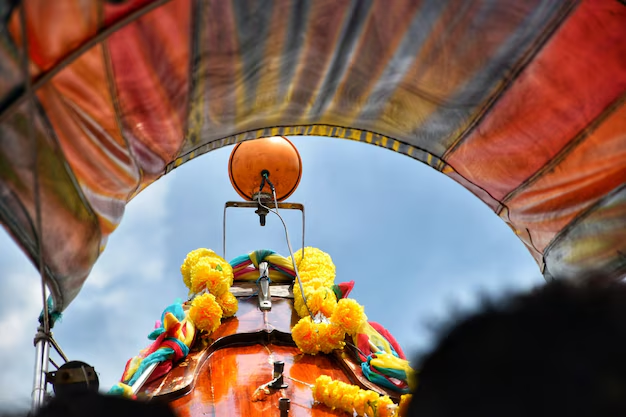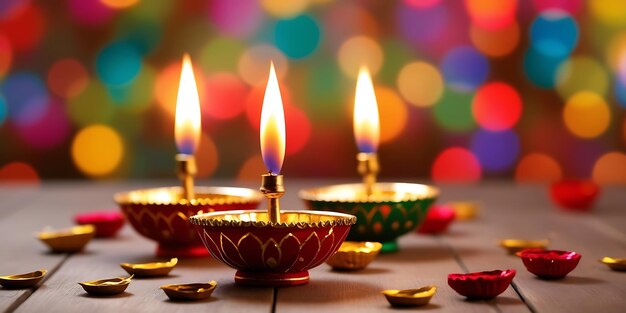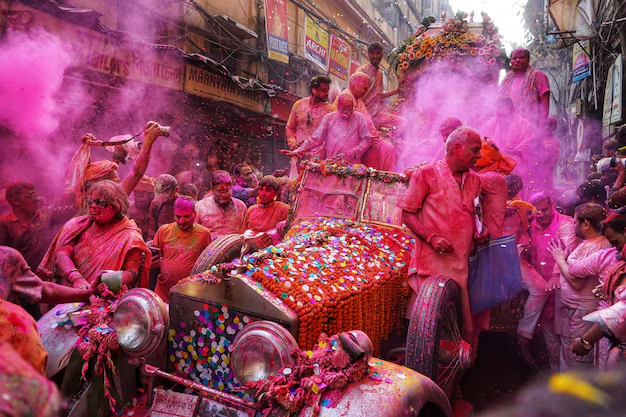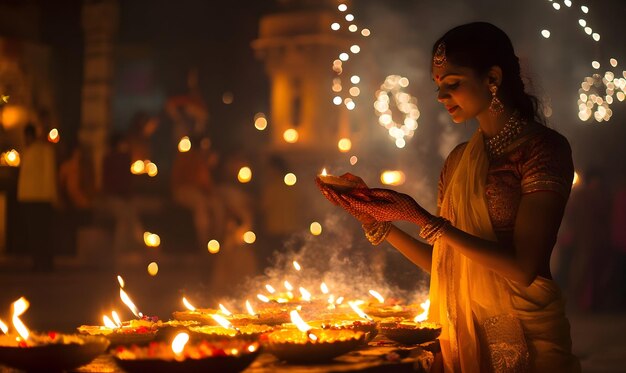
Festivals have always been a vibrant expression of a community’s culture, heritage, and collective spirit. Across the world, people come together to celebrate, commemorate, and express their shared values through festivities that span all seasons. Whether marked by spiritual devotion, historical remembrance, or seasonal change, festivals unite individuals in joyous celebration, creating connections and preserving traditions. This article delves into the spirit of festivals, exploring how they embody the cultural and social values of different communities.
The Role of Festivals in Traditions
Festivals often serve as a bridge between the past and the present, keeping historical events and cultural practices alive. They connect generations by passing down ancient customs, rituals, and stories. In many cultures, festivals mark significant moments like harvests, religious milestones, or the changing of seasons. For example, Thanksgiving in the United States honors the harvest and gratitude, while Easter in Christianity celebrates the resurrection of Christ. Similarly, in Japan, the cherry blossom festival, Hanami, celebrates the fleeting beauty of the cherry blossoms, symbolizing the transient nature of life.
Cultural Expressions in Festivities
Festivals are deeply tied to cultural expression. They bring to life the music, dance, cuisine, and attire of a particular region. For instance, in India, the festival of Navratri features traditional dance forms like Garba and Dandiya, while Brazil’s Carnival is a spectacular display of samba music, colorful costumes, and lively parades. In Mexico, Dia de los Muertos (Day of the Dead) is a celebration where families honor their ancestors with vibrant altars, marigolds, and sugar skulls, reflecting the unique Mexican perspective on life and death.
Through festivals, cultures express their distinctive identities, beliefs, and creativity. These events showcase the diversity that exists in the world and celebrate the beauty of human ingenuity and imagination.
Joy and Community Spirit in Festivals
The joy that festivals bring is contagious. They are not only times of individual celebration but also communal experiences. During festivals, communities come together to share food, music, and laughter, strengthening bonds and fostering a sense of belonging. Whether it’s the grandeur of Oktoberfest in Germany, where people gather to drink beer and sing traditional songs, or the intimate, family-oriented Diwali in India, where families light lamps and share sweets, festivals create a collective atmosphere of warmth and unity.
Festivals also break down social barriers. People from different backgrounds and walks of life come together, united by a common cause: the celebration of life and culture. In a world often divided by differences, festivals offer a reminder of our shared humanity.
FAQs
1. What is the significance of festivals around the world? Festivals are expressions of culture, traditions, and communal joy. They celebrate important religious, historical, or seasonal events and help preserve cultural heritage.
2. Why do people celebrate festivals together? Festivals strengthen community bonds and foster a sense of belonging. They provide an opportunity for people to connect, share experiences, and celebrate collective identities.
3. How do festivals reflect cultural diversity? Festivals showcase the customs, music, dances, food, and attire that are unique to different cultures, offering insight into their values, beliefs, and traditions.
4. What role do festivals play in passing down traditions? Festivals preserve and transmit cultural practices to future generations, ensuring that traditions remain alive and continue to shape society.
5. What are some examples of religious festivals? Religious festivals include Diwali (Hindu), Christmas (Christianity), Eid al-Fitr (Islamic), and Passover (Jewish), each with its unique customs and significance.
6. Are festivals purely celebrations of culture? While many festivals celebrate culture, they can also mark historical events, religious occasions, or natural cycles, such as the harvest season.
7. How do festivals create a sense of community? By bringing people together to celebrate, festivals build strong social networks and encourage mutual respect, cooperation, and collective joy.
Conclusion
The spirit of festivals lies in their ability to transcend individual experience and bring people together in a shared celebration of life, culture, and tradition. They are a testament to human creativity, resilience, and the desire to connect with others. Whether it’s through religious observances, historical commemoration, or seasonal revelry, festivals allow people across the globe to express their deepest values, foster a sense of belonging, and create memories that last a lifetime.
Key Takeaway
Festivals are more than just events—they are vital expressions of culture, identity, and joy. They offer a powerful reminder of our collective heritage, the importance of community, and the beauty of diversity. Through festivals, we celebrate not only the uniqueness of our traditions but also the shared human experience that unites us all.



